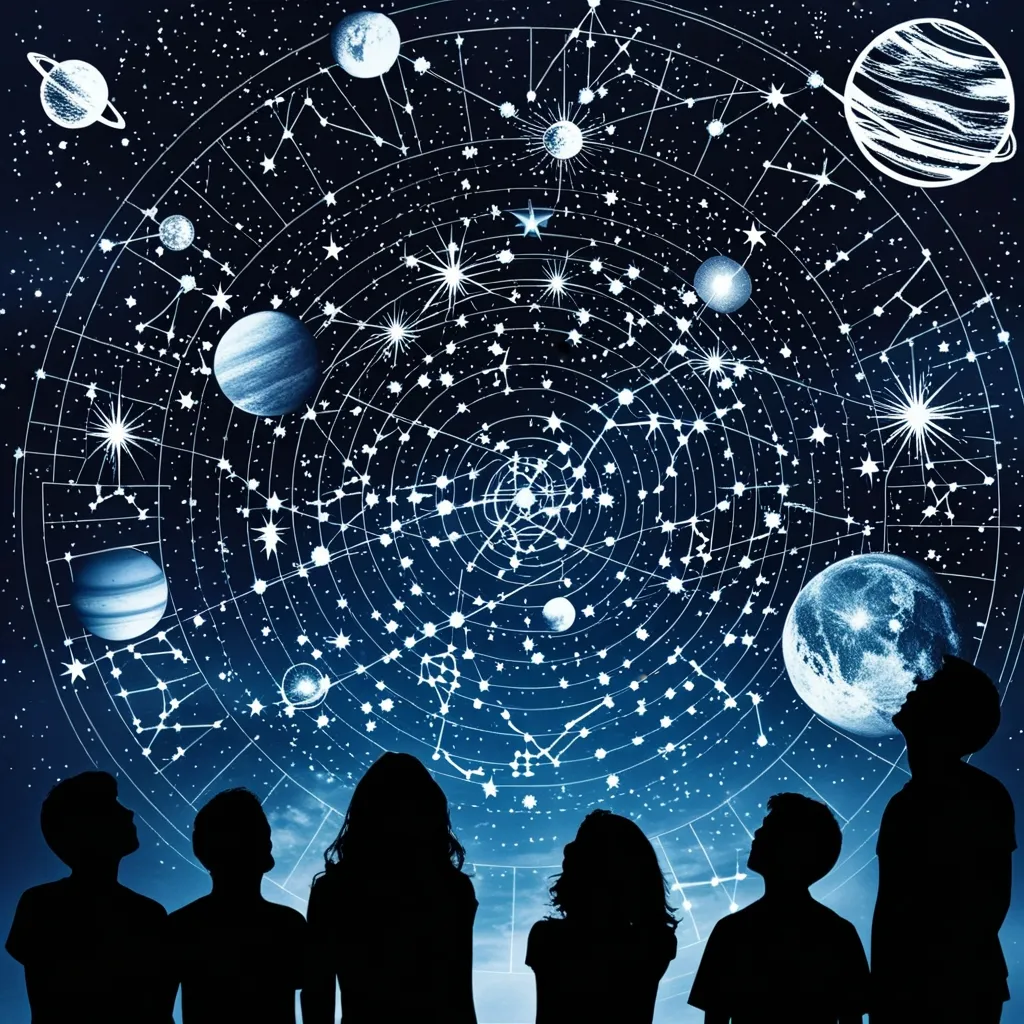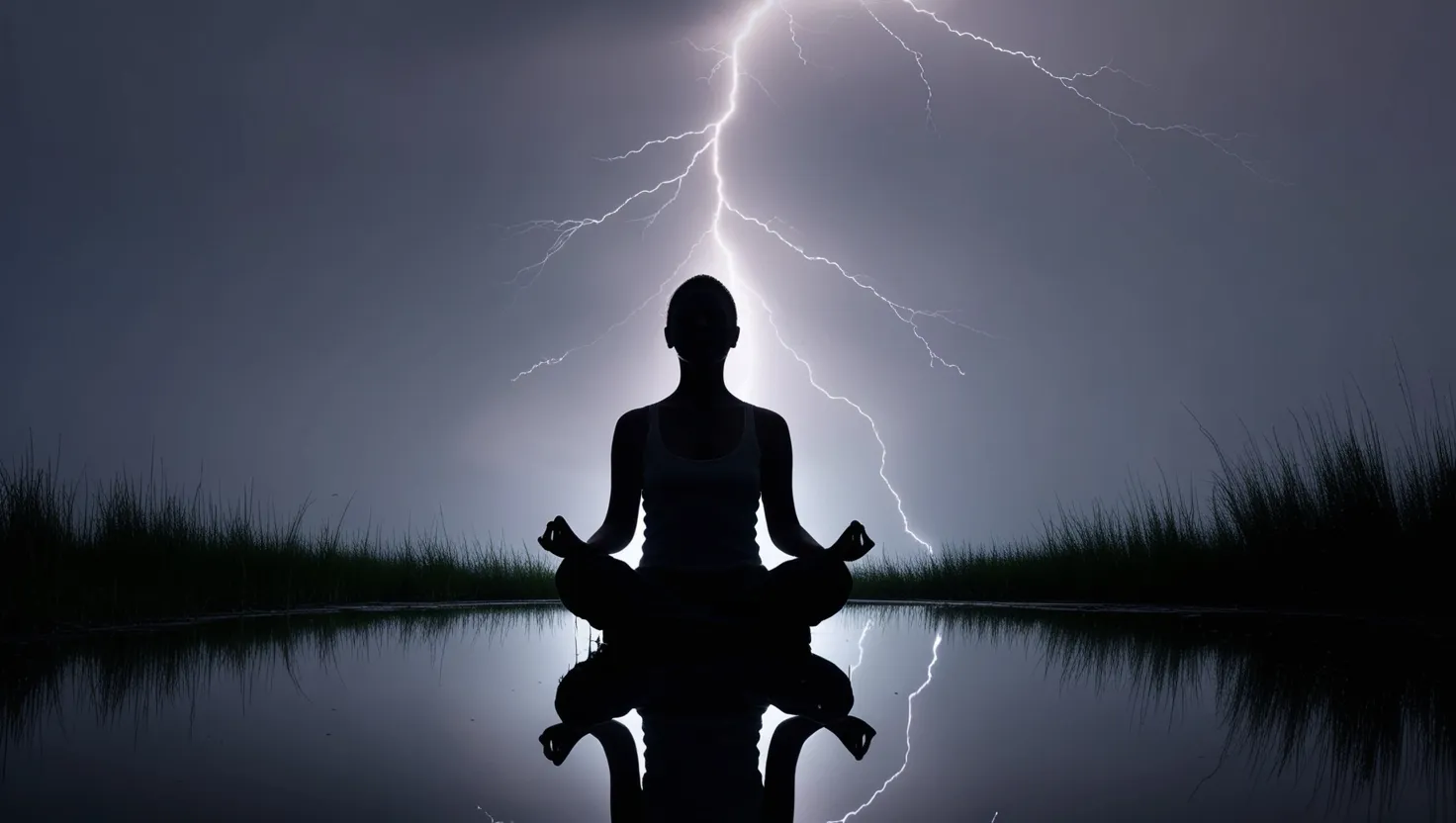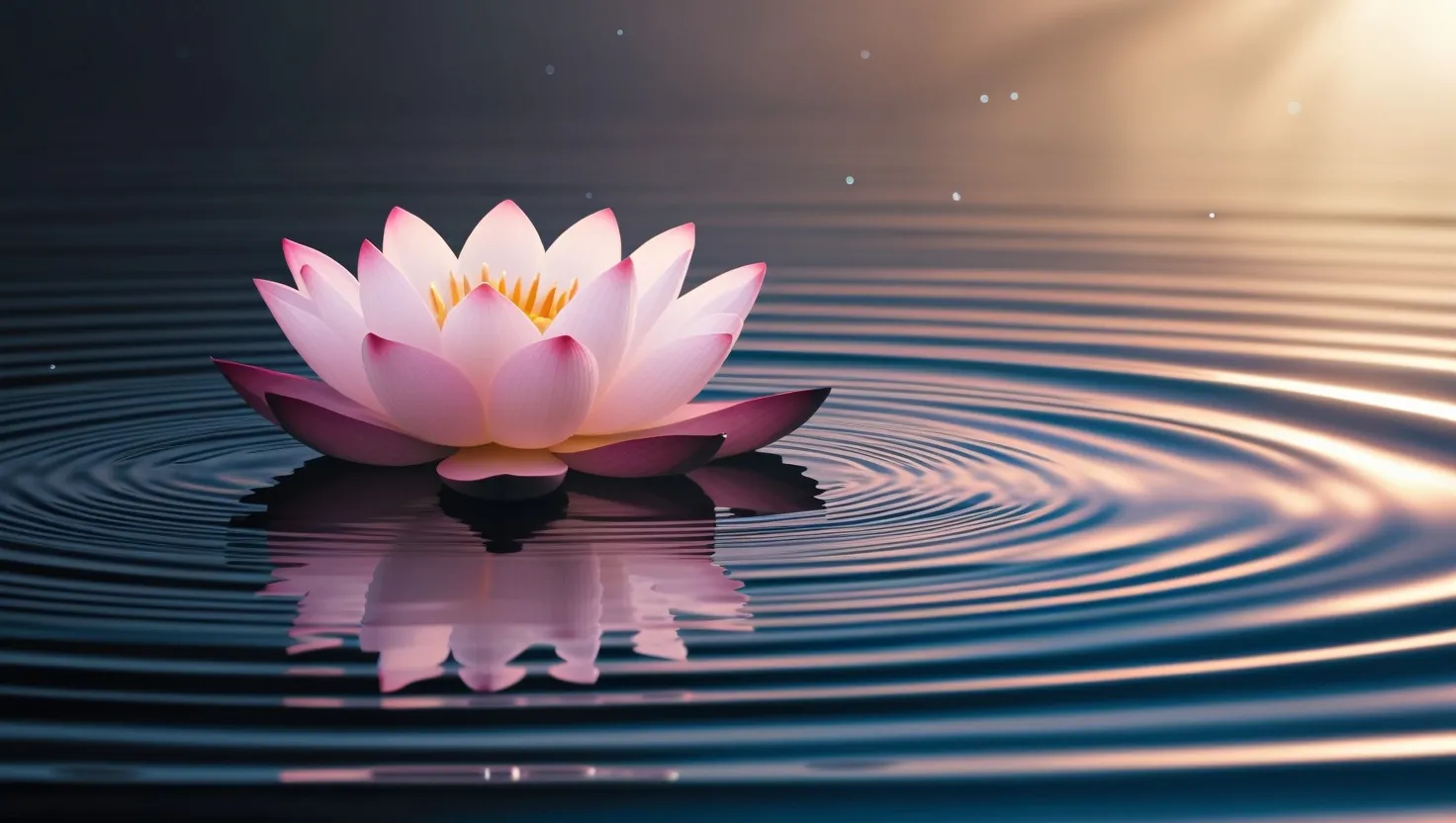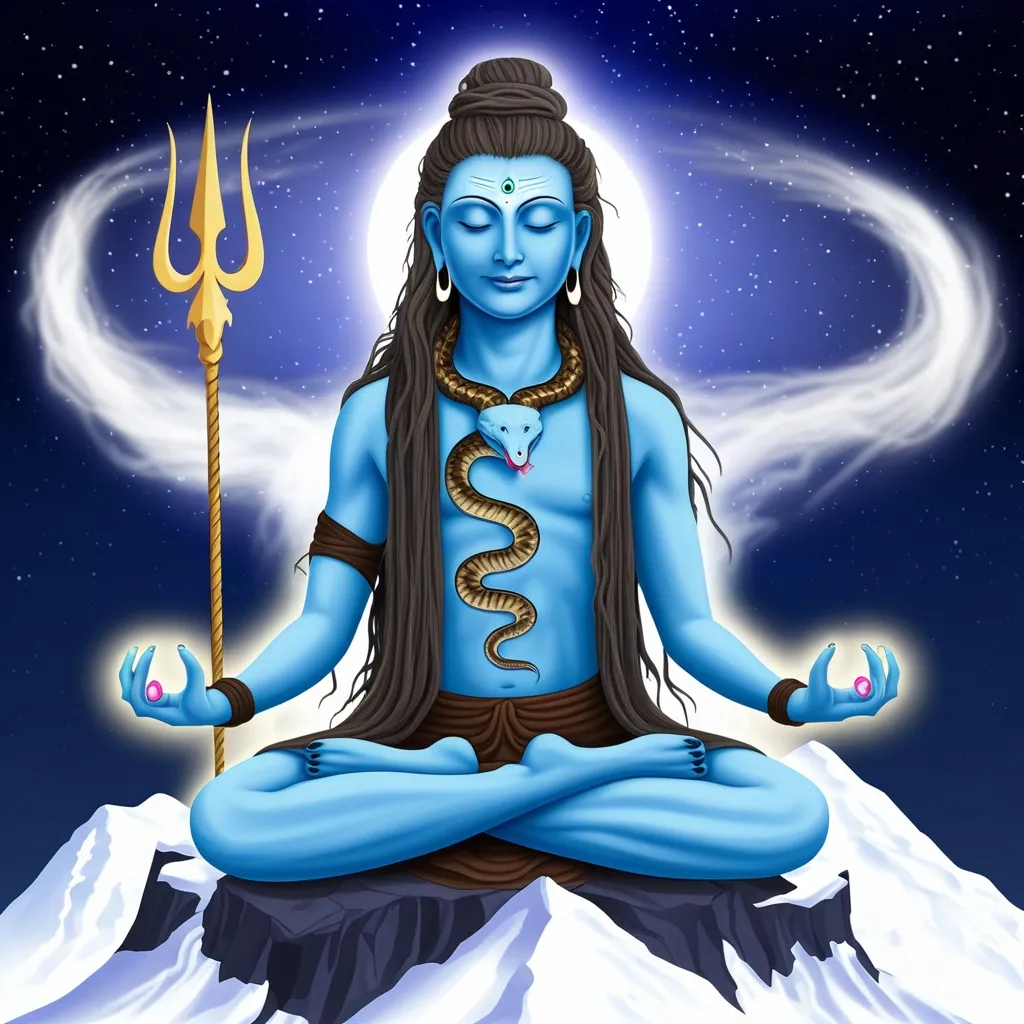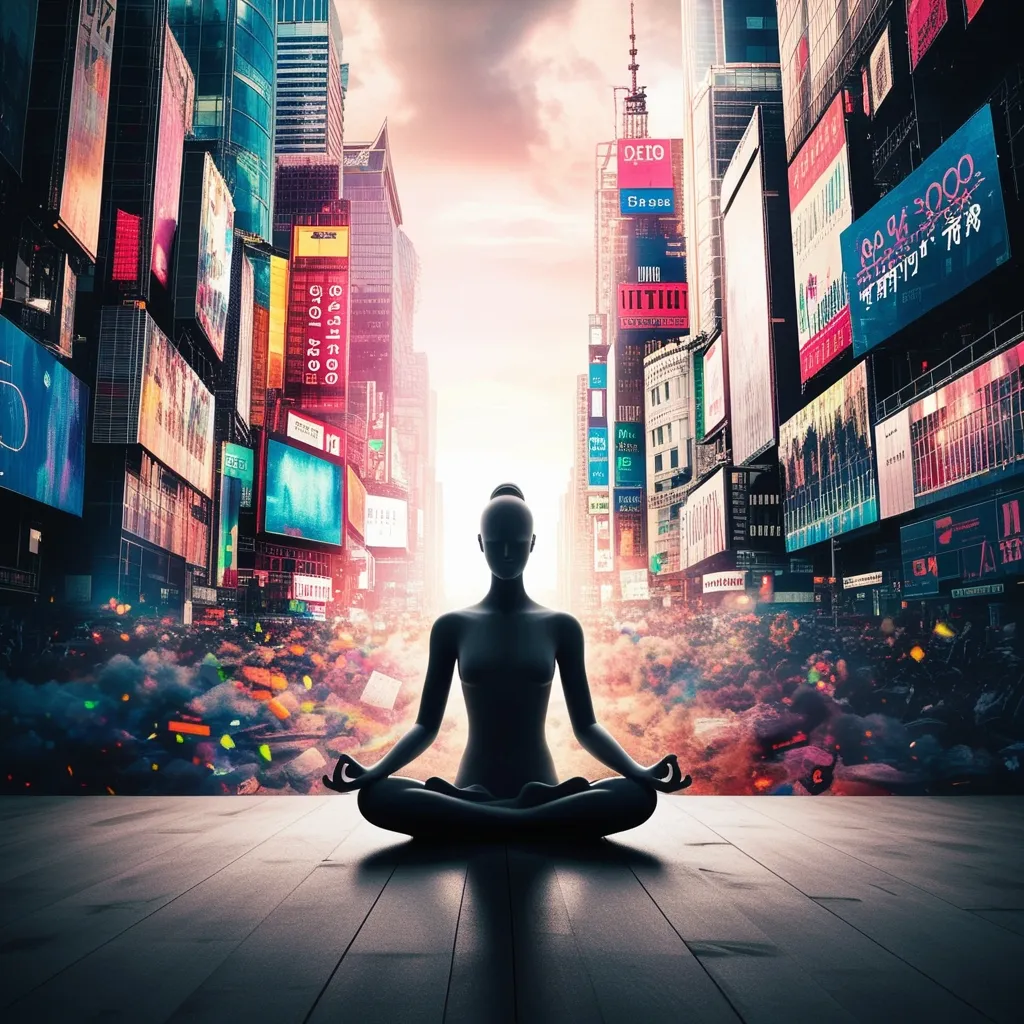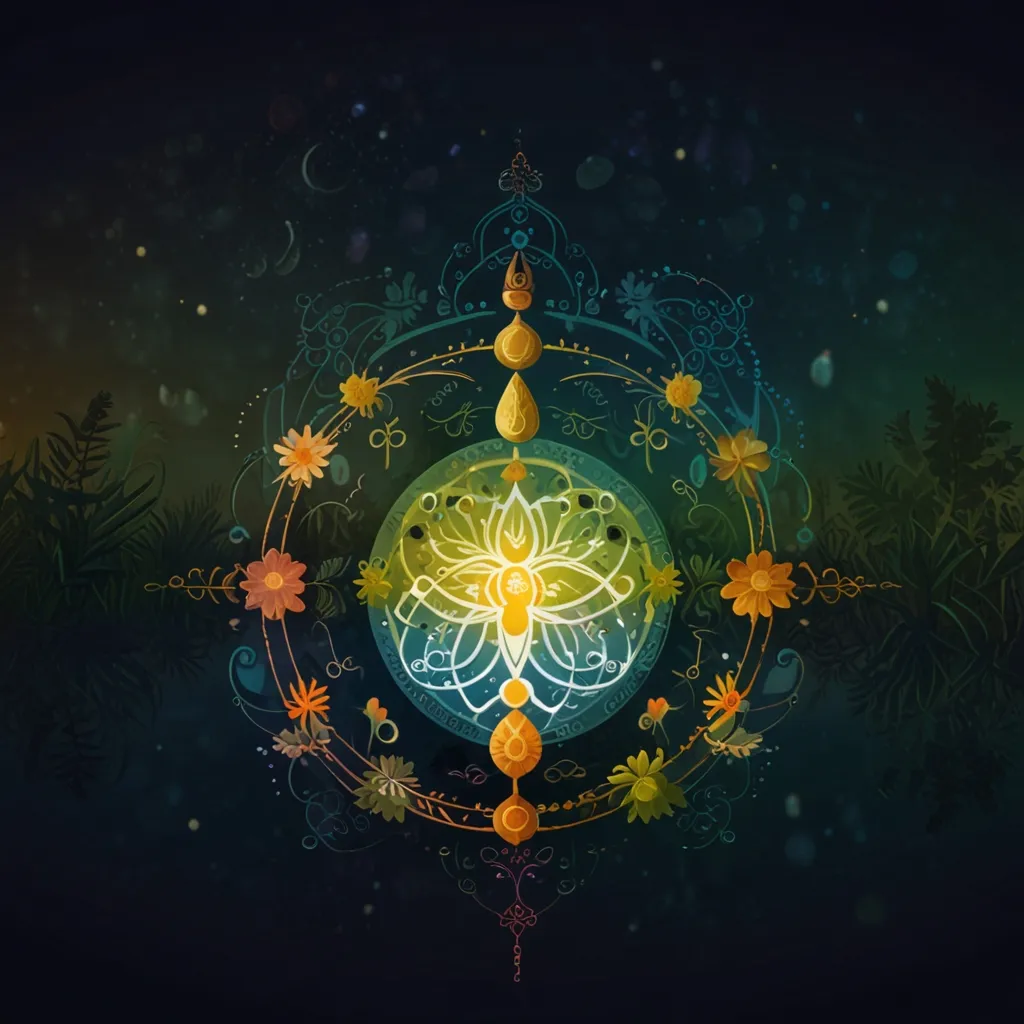Hindu astrology, or Vedic astrology, has been a hot topic of debate for ages. On one side, we’ve got folks who swear by its accuracy, and on the other, we’ve got scientists rolling their eyes. So, what’s the deal? Let’s dive in and see what all the fuss is about.
First off, let’s talk about where Vedic astrology comes from. It’s not just some new-age mumbo jumbo - this stuff has been around for thousands of years. It’s all tied up in ancient Hindu texts like the Vedas. The basic idea is that the positions of the stars and planets when you’re born can influence your life, personality, and destiny. It’s pretty complex, with all sorts of charts, lunar mansions, and planetary positions involved.
Now, if you ask someone who’s had a reading from a Vedic astrologer, they might tell you some pretty wild stories. I’ve heard people say these astrologers predicted major life events - like moving to a new country or changing careers - with scary accuracy. And they did it without knowing anything about the person beforehand. Pretty impressive, right?
But here’s the thing - personal experiences, no matter how mind-blowing, don’t count as scientific evidence. Our brains are wired to look for patterns and meaning, even when there isn’t any. So if a horoscope says you’ll “meet someone interesting” this week, chances are you’ll bump into someone new and think, “Wow, that prediction was spot on!” But was it really?
When it comes to scientific testing, astrology doesn’t fare so well. There have been studies where astrologers were asked to match personality profiles with horoscopes, and they didn’t do any better than if they’d just guessed randomly. Scientists argue that there’s no known way for the positions of stars and planets to influence our lives. I mean, the gravitational pull of Mars on Earth is less than that of a truck parked down the street. And the radio waves from Jupiter? They’re weaker than your local radio station’s signal.
It’s important to note that astronomy and astrology are two very different things. Astronomy is a science that studies celestial objects and phenomena using evidence and testable theories. It’s constantly evolving as we develop better technology. Astrology, on the other hand, makes claims about how celestial bodies influence our lives without any solid evidence to back it up.
But here’s where it gets interesting. Vedic astrology isn’t just some random practice - it’s deeply rooted in Hindu culture and has been around for thousands of years. It’s part of a whole tradition that includes mythology, philosophy, and spiritual practices. That doesn’t mean it’s scientifically valid, but it does mean it has a special place in many people’s hearts and minds.
One reason why Vedic astrology might seem more accurate than Western astrology is how detailed it is. Western astrology tends to focus on general personality traits, but Vedic astrology uses complex charts and subdivisions to make specific predictions. Of course, this means that the accuracy of the predictions depends a lot on how skilled and knowledgeable the astrologer is.
Despite the lack of scientific evidence, many people who practice Vedic astrology are still trying to prove that it’s legit. They argue that the system has been refined over centuries and that skilled astrologers can make accurate predictions. But these claims are hard to verify scientifically, and unfortunately, there are plenty of fake astrologers out there taking advantage of people.
So, where does this leave us? Well, it’s complicated. If you’ve had mind-blowing experiences with Vedic astrology, those experiences are real to you. And for many people, astrology provides a way to understand and navigate life’s ups and downs. It can offer comfort and guidance, even if it’s not scientifically proven.
But from a scientific standpoint, there’s just no evidence that astrology works. It hasn’t held up under rigorous testing, and there’s no known mechanism for how it could work. For scientists, that’s a deal-breaker.
In the end, whether you believe in Vedic astrology or not comes down to your personal worldview and what you consider as evidence. If it brings you comfort and helps you make sense of your life, that’s great. But it’s important to be aware of its limitations and not rely on it for major life decisions.
Maybe the real value of Vedic astrology isn’t in its scientific accuracy, but in how it helps people understand and cope with life’s complexities. It’s a part of Hindu culture and tradition that’s not going anywhere anytime soon.
So, next time you’re chatting with someone about Vedic astrology, remember that it’s a topic with a lot of history and emotion attached to it. Whether you’re a believer or a skeptic, it’s worth approaching the subject with an open mind and a healthy dose of critical thinking.
And hey, even if you don’t believe in astrology, you’ve got to admit it’s pretty fascinating. The idea that the stars could hold the secrets to our lives? That’s some poetic stuff right there. Just maybe don’t base your entire life on it, okay?
At the end of the day, the universe is a big, mysterious place. We’re all just trying to make sense of it in our own ways. Whether that’s through science, astrology, or something else entirely, the important thing is to keep questioning, keep learning, and keep an open mind. Who knows? Maybe someday we’ll discover that there’s more to astrology than we thought. Or maybe we’ll find out it’s all just a cosmic coincidence. Either way, it’s sure to be an interesting journey.
